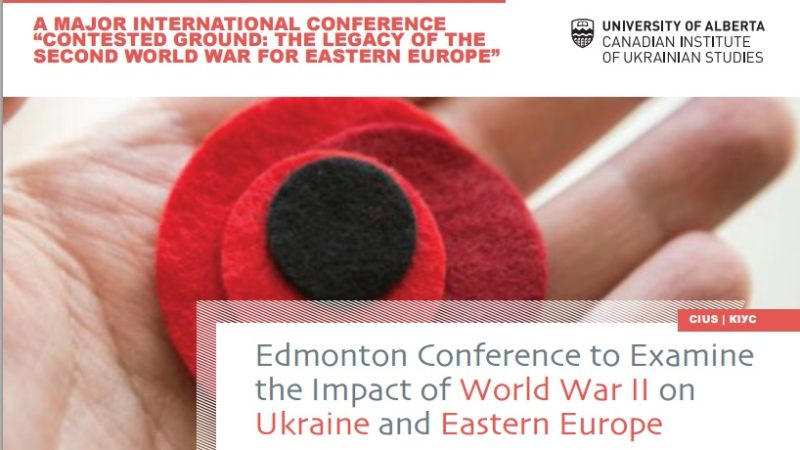Call for Papers: ‘Memories and Identities in Central and Eastern Europe’
Call for Papers: ‘Memories and Identities in Central and Eastern Europe,’ the 2015 Annual Conference of the Irish Association for Russian, Central and East European Studies
8-9 May 2015, Dublin, Trinity College Dublin
The categories ‘memory’ and ‘identity’ have enjoyed significant scholarly attention in the past few decades. The upsurge of interest in memory and identity studies has affected a wide range of disciplines, including history, cultural studies, sociology, political science, and so on, and has inspired academic ventures of a truly interdisciplinary character. The ‘memory boom’ in the humanities triggered the bourgeoning of collaborative research projects, and resulted in numerous publications on the subject. Memories of traumatic events of the recent past—the Holocaust, World War II and Stalinist terror—and their impact on the transformation of individual as well as collective identities have been in the limelight of research, especially since the collapse of communist regimes in Central and Eastern Europe. Still, there are many possible ways for raising new questions, and there are several themes that could be explored further, including memories of normality and their impact on the shaping of identities; the influence of postcolonial criticism on memory/identity studies; the transnational circulation of narratives; or the ramifications of the transformation of memory studies.
The main aim of the conference is to contribute to the growth of the field by opening up new avenues of research and encouraging further academic collaboration. The conference hopes to provide a forum where both established academics and young scholars would have the opportunity to present the results of their research. While all paper proposals will be considered, the organisers would like to encourage applicants to address one—or more—of the more specific themes listed below.
- The changing contours of memory, and memory/identity studies since the collapse of communism. Plurality, hybridity and contestation.
- The politics of memory in post-communist(?) Eastern Europe: institutions and practices of mastering the past.
- The impact of EU integration and the recent Euro-crisis on identity formation and memory politics.
- Memories of normality and everyday life. The polarization of ‘everyday memories’ (nostalgia, oppression, deprivation, etc.) after the dissolution of authoritarian regimes (empires, totalitarian regimes, etc.).
- Shifting memories and transforming identities in early modern Central and Eastern Europe. Religion, imperial expansion (Ottoman, Habsburg, German, Russian), and the origins of national identities.
- Memories of modernity. Modernisation, empire and identity in 19th century Central and Eastern Europe.
- The linkages between ethnic memories and (minority) identities.
- Postcolonial narratives of memory and identity in Central and East European literature and art.
- The transnational circulation of memories/identity narratives.
- Reflections and approaches to memory and identity in psychology and psychiatry.
Researchers from all related disciplines are invited to apply. The organisers are committed to ensure the interdisciplinary character of the event therefore, every attempt will be made to maintain a balanced representation of different disciplines. IARCEES members and academics from the countries of Central and Eastern Europe are particularly encouraged to apply. It is envisaged that a selection of the best papers will be published, either as an edited volume, or as a special issue of the Irish Slavonic Studies.
The maximum length of the proposals is 400 words.
The deadline for the submission of proposals is 14 November 2014.
Please send your proposals to: iarcees.2015@gmail.com
For further information please contact Dr Balázs Apor at aporb@tcd.ie
Please note that IARCEES members, located in Ireland, may submit proposals that are not related to the conference theme. They will be given the opportunity to present their research in the framework of separate panels.
This announcement also appears at HNet: Humanities and Social Sciences Online.
